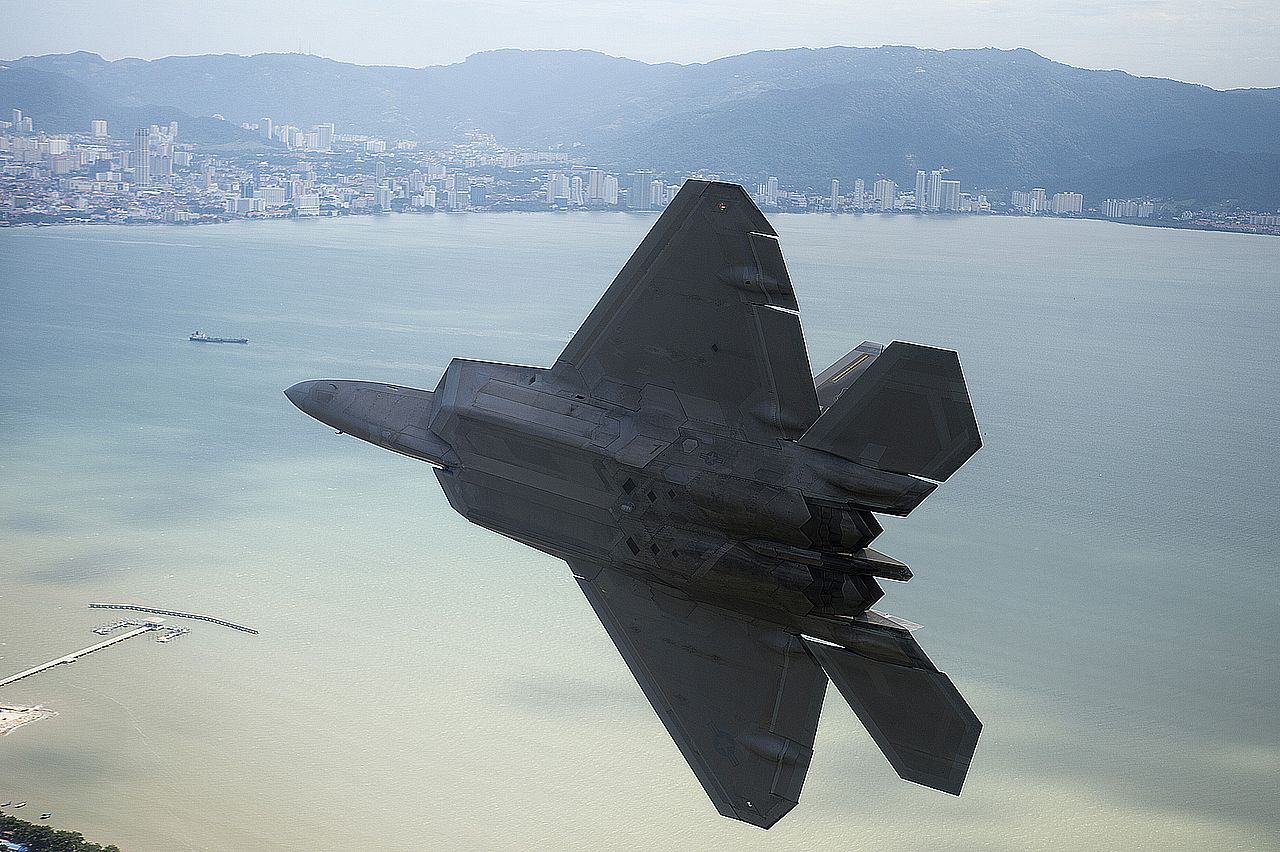
SHAH ALAM: COPE Taufan 2016 – the biennial exercise between RMAF and USAF – is expected to be held in August this year. Although the exact dates have yet to be officially announced it is expected between mid-July and before the end of August.
In 2014, the exercise was held in mid-June but as June this year is also the time for Ramadan, the exercise dates have been bummed back. As usual the USAF contingent is expected to be based at the Butterworth air base in Penang while the RMAF contingent will take part from their respective bases.
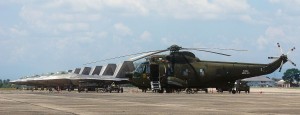
Cope Taufan 2014 was the most publicly known exercise since the Cope Taufan series start in late 90s due to the presence of USAF fabled F-22 Raptors, its first deployment to the region. Six Raptors from the 154th Wing, Joint Base Peal Harbor-Hickam, Hawaii, took part in the Large Employment exercise.
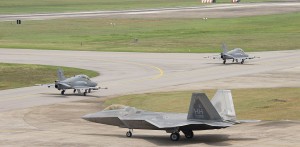
It is not yet officially confirmed whether the Raptors will also be involved in Cope Taufan 2016. Their participation (or not) is expected to be announced as the exercise gets nearer. Anyhow if the Raptors are not deployed, USAF regular participants, the F-15C Eagles will surely be involved. USAF transport aircraft like the C-17 Globemaster and C-130 Hercules are also expected to be in the contingent.
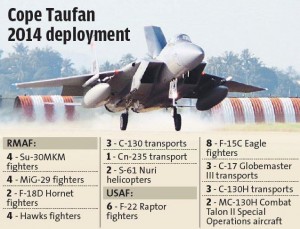
An excerpt from Dzirhan Mahadzir article on Cope Taufan 2014 featured in the Star. Malaysian Defence own article on the exercise is one of those which went missing after the server crash last year
“The exercise scenario revolved around a hypothetical enemy threatening the east coast of Peninsular Malaysia and the South China Sea with the USAF and RMAF aircraft alternating between playing the defenders and attackers.
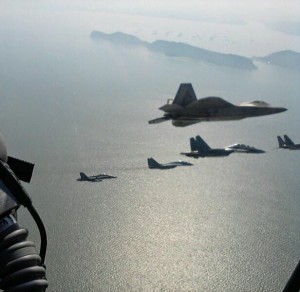
For example, one mission exercise had a force of eight USAF F-15s intercepting two RMAF C-130s and a USAF C-17 which were escorted by four RMAF Su-30MKMs, six USAF F-22s, two RMAF Mig-29s and two RMAF F-18s.
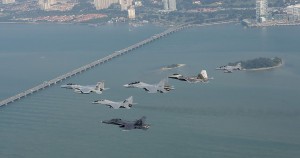
A whole range of other missions were carried out, ranging from resupply drops to downed pilot rescue, night parachuting and a large number of DACT (Dissimilar Air Combat Training) exercises in which the two countries’ fighters conducted mock dogfights against each other in one-on-one and two-on-two scenarios. The smaller RMAF Hawks were used in a two-on-one scenario against one USAF aircraft.

The DACT results were of great interest globally as many wanted to know how well the RMAF would perform against the F-22 Raptor, but neither side would officially release information on the outcomes, saying it was purely a matter for the two air forces. It is learnt that the RMAF did indeed score some “kills” on the F-22s, including one by a Hawk, but the USAF also racked up its own tally of RMAF planes.”
— Malaysian Defence
If you like this post, buy me an espresso. Paypal Payment

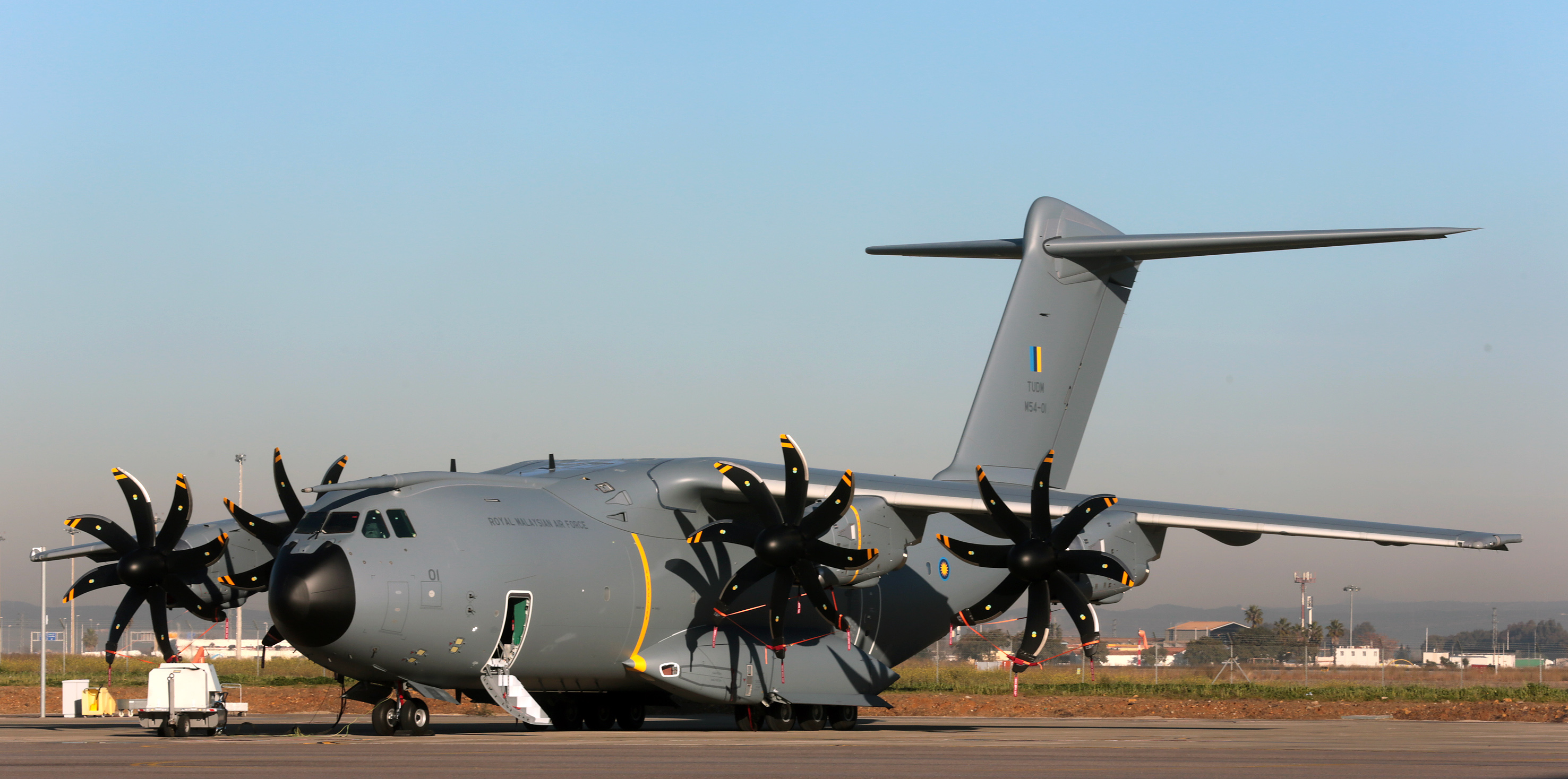

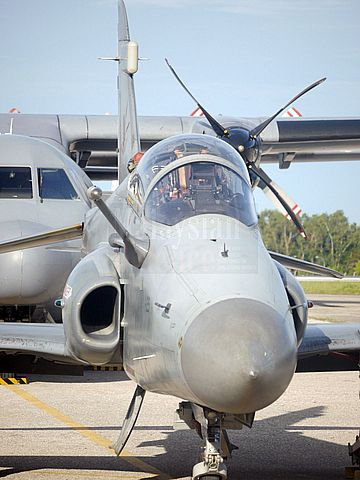
Most people will be focused on the ”kills” but the whole point of the exercise [like practically all bilateral ones] wasn’t about seeing who could get more ”kills” but on improving interoperability and bilateral cooperation; as well as refining skills. During bilateral exercises such as this [especially one involving non treaty partners] the radars will be on training mode or a mode not used in combat. In a real world engagement off course, the Raptors would be linked to an E-3 and there would be jamming. Nonetheless, the experience gained; by both sides, is invaluable.
a Luneberg Lens was installed on the Raptors (on the belly) in order to purposely increase its RCS which deny the friendly radar to estimate the distance where the Raptor begin to be seen on radar.
In the past, it was common for subs to take certain measures to make themselves more ”noisy” during exercises; to enable surface ships to have a better chance of locating them.
In a real world engagement, the Raptors would be linked to ISR assets and would detect the presence of enemy fighters way before those enemy fighters knew the Raptors were around. Sure, WVR training remains vital but the fact remains that most engagements that have taken place since the 1990’s have been at BVR.
If it really takes 14 aircraft to escort a flight of 3 cargo planes…we’re screwed…that’s almost one third of our forces…
Reply
It was a training scenario and it must remembered that they need to train as many people as possible in the shortest time possible. I have no idea how many aircraft they could spare for escort duties in war time